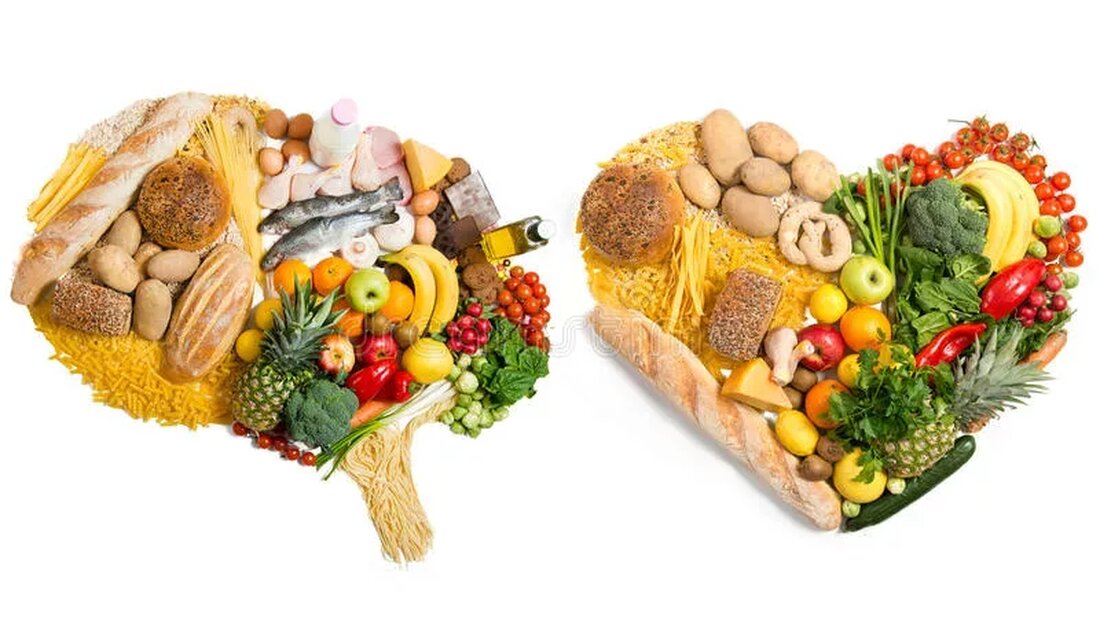6 common health problems treated with medicinal herbs
Alternative health treatments have been around for centuries and, in most cases, much longer than modern medications. That doesn't mean they're better than traditional lab drugs. It is always recommended to seek advice from a qualified doctor. Prescribed medications and pharmaceutical medicines are well-tried and clinically tested before they come to market. Despite this, a large percentage of the population regularly uses alternative health treatments, herbal supplements and remedies. Taking supplements can provide benefits for certain medical conditions and promote health. It really depends on which herbal supplements you choose, for what purpose and in what quantities...

6 common health problems treated with medicinal herbs
Alternative health treatments have been around for centuries and, in most cases, much longer than modern medications. That doesn't mean they're better than traditional lab drugs.
It is always recommended to seek advice from a qualified doctor. Prescribed medications and pharmaceutical medicines are well-tried and clinically tested before they come to market.
Despite this, a large percentage of the population regularly uses alternative health treatments, herbal supplements and remedies.
Taking supplements can provide benefits for certain medical conditions and promote health. It really depends on which herbal supplements you take, for what purpose and in what quantities. Your health is also a serious consideration, as herbal remedies can have side effects and interact with other medicines.
Before using alternative health treatments or taking medicinal herbs, learn about the likely benefits or possible side effects.
You will need to do your own research as alternative treatments and herbal supplements are generally not considered part of Western medicine. Read package labels, reference books, and surf the Internet for reputable health websites. Talk to your doctor.
Some of the most commonly used herbal remedies are: garlic to lower blood cholesterol levels, echinacea to fight winter colds and stimulate white blood cells, and St. John's wort to relieve mild depression. Other health conditions and related herbal supplements include –
1. Circulation
Cayenne pepper, horseradish, ginger, chickweed and rosemary
2. Colds
Garlic, Ginger, Bay Leaf, Cayenne Pepper, Catnip, Echinacea, Chickweed, Eyebright, Fenugreek, Hyssop, Peppermint, Goldenrod, Yarrow, Oregano and Wild Als.
3. Constipation
Flaxseed, barberry, aloe, basil, chickweed, boldo, yellow dock and rhubarb root.
4. Diarrhea
Basil, coltsfoot, coriander, columbine, comfrey, black cohosh, marigold, caraway, garlic, carrot, cinnamon, daisy, eyebright, heartwort, horse chestnut, hyssop, Iceland moss, kola, pomegranate, knotweed, motherwort, peppermint, rhubarb, sage, Witch hazel, slippery elm, bloodroot, thyme, wild strawberry.
5. Depression
Celery, lavender, St. John's wort, chamomile, lemon balm, kola, mugwort, rosemary, skullcap, valerian and wormwood.
6. Headache
Basil, Valerian, Wild Als, Chamomile, Oregano, Feverfew, Peppermint, Rosemary, Rue, Skullcap, St. John's Wort.
With an aging baby boomer population, demand for alternative health treatments and herbal supplements is increasing. People want to stay healthy and not just rely on medication prescribed by a doctor. There is good evidence that herbal supplements can be beneficial when combined with a healthy diet and an active lifestyle. However, do your own careful research to be sure of the pros and cons of taking each supplement. Talk to your doctor or healthcare professional.

 Suche
Suche
 Mein Konto
Mein Konto
